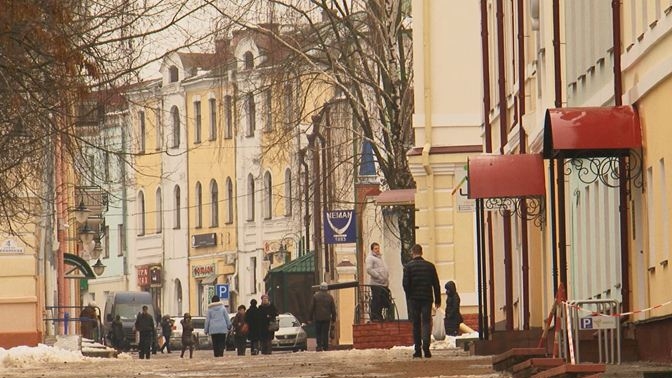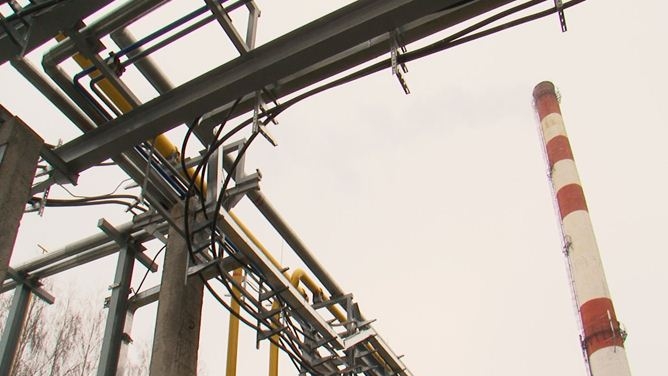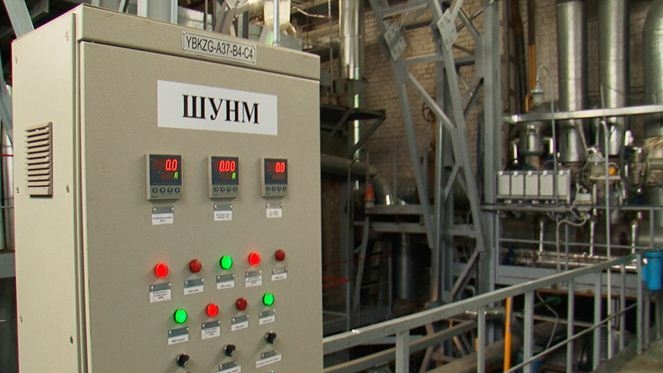Things have changed a lot for Valeriy Starovoytov in his 16 years as a power plant operator in Mogilev, Belarus’ fourth largest city. Starovoytov works at Mogilev TES-3, one of the city’s six combined heat and power houses, a key utility in a place where the temperature can fall to minus 25 degrees Celsius and the winters are long. Mogilev has a population about 400,000, and it has been a busy market town for six centuries. Today, the city is a bustling place with a number of machine-building factories.
Starovoytov has always liked his job, and he is proud of providing vital power to his city, but work at his power plant has become especially pleasant lately. “I’ve been through different times at this company,” Starovoytov says, “but after we launched all the repairs, the working conditions are much better. The entire plant looks brand new; and it became more comfortable to work in.”
The TES-3 upgrade in Mogilev is part of the US$125 million World Bank-supported large-scale Energy Efficiency Project in Belarus. In total, six boiler plants are being converted into combined heat and power plants using eco-friendly gas engine and combined cycle gas turbine plant technologies.
At the TES-3 plant, total efficiency improved from 55.4% before the project, to 89% after the upgrades. In addition, CO2 emissions are expected to drop by at least 10 tons a year.






